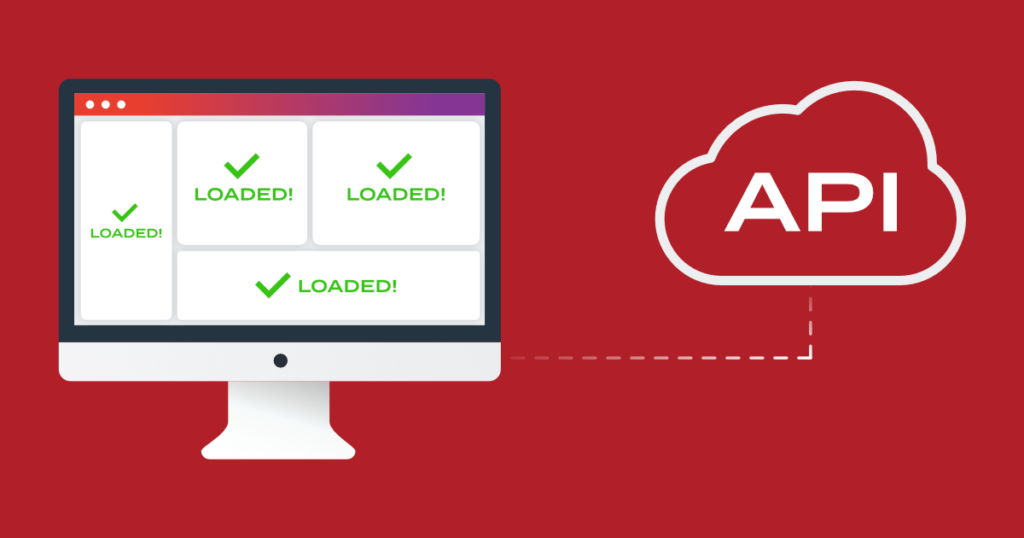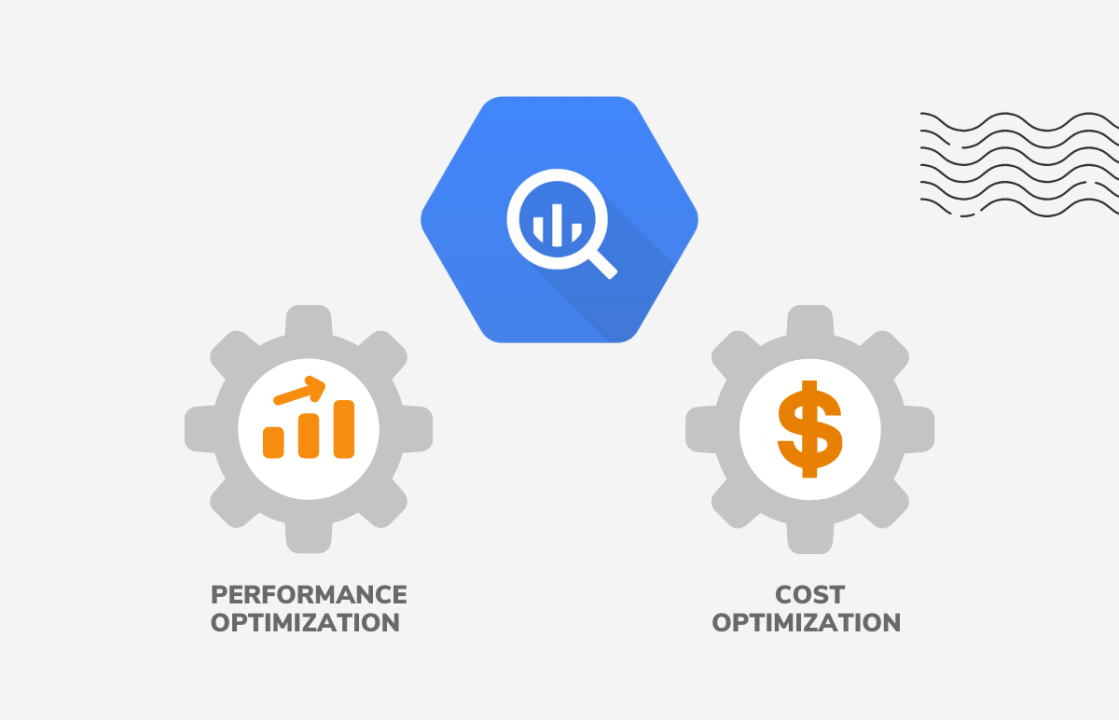At Remita, we recognize the critical role of speed and efficiency in today’s digital landscape, especially as businesses heavily rely on APIs to facilitate high-performance transactions. A poorly optimized API can significantly impede overall transaction performance, leading to frustrated customers, decreased productivity, and revenue loss. This is where API optimization becomes crucial.
Fine-tuning and streamlining your API ensures that transactions run seamlessly, providing swift and reliable results.
APIs, or Application Programming Interfaces, are the backbone of digital services, bridging different software systems to communicate seamlessly. They facilitate transactions, enable data exchange, and empower businesses to offer customers a smooth and reliable user experience. The optimization of REST API performance is more crucial than ever, given consumers’ increasing demands for fast and efficient digital services. Businesses must ensure that their APIs can meet and exceed these expectations.
In this blog post, we’ll delve into the power of API optimization, exploring how it enhances API performance for your business. We’ll highlight how Remita APIs are consistently optimized to meet your diverse needs.
What is API optimisation?
API optimization involves fine-tuning and streamlining APIs to enhance their performance, reliability, and scalability. This encompasses implementing various techniques and best practices to ensure API transactions operate smoothly and efficiently.
For high-performance companies, API performance optimization is a crucial strategy to meet the escalating demands of consumers. Optimizing APIs allows businesses to offer faster response times, reduce latency, and elevate the overall user experience, leading to heightened customer satisfaction, improved productivity, and increased revenue.
Key API optimization techniques include minimizing network latency, reducing payload size, implementing caching mechanisms, and leveraging efficient algorithms and data structures. These practices are pivotal in mitigating bottlenecks, ensuring that API transactions are processed swiftly and accurately.
Embracing API optimization best practices involves continuous monitoring, testing, and performance analysis. This proactive approach enables businesses to identify potential issues or bottlenecks, staying abreast of evolving demands and technologies. As a result, their APIs remain high-performing and future-proof.
In summary, API optimization is indispensable for businesses striving to deliver fast and efficient digital services. By investing in API performance optimization and adhering to best practices, companies can guarantee that their API transactions operate seamlessly, providing users with a reliable and enjoyable experience.
Importance of API optimisation
API optimization involves fine-tuning and streamlining APIs to enhance their performance, reliability, and scalability. This encompasses implementing various techniques and best practices to ensure API transactions operate smoothly and efficiently.
For high-performance companies, API performance optimization is a crucial strategy to meet the escalating demands of consumers. Optimizing APIs allows businesses to offer faster response times, reduce latency, and elevate the overall user experience, leading to heightened customer satisfaction, improved productivity, and increased revenue.
Key API optimization techniques include minimizing network latency, reducing payload size, implementing caching mechanisms, and leveraging efficient algorithms and data structures. These practices are pivotal in mitigating bottlenecks, ensuring that API transactions are processed swiftly and accurately.
Embracing API optimization best practices involves continuous monitoring, testing, and performance analysis. This proactive approach enables businesses to identify potential issues or bottlenecks, staying abreast of evolving demands and technologies. As a result, their APIs remain high-performing and future-proof.
In summary, API optimization is indispensable for businesses striving to deliver fast and efficient digital services. By investing in API performance optimization and adhering to best practices, companies can guarantee that their API transactions operate seamlessly, providing users with a reliable and enjoyable experience.
Importance of API optimisation
API optimization is a pivotal factor in the success of businesses, gaining even more significance as technology advances and consumer expectations for swift and efficient digital services continue to rise.
- Seamless transactions: API performance optimisation is the key to ensuring your transactions run like clockwork. You can enhance their performance, reduce latency, and increase scalability by fine-tuning and streamlining your APIs. This leads to faster response times and a better user experience, increasing customer satisfaction and revenue.
- Enhanced user experience: API optimisation techniques, such as minimising network latency, reducing payload size, implementing caching mechanisms, and leveraging efficient algorithms and data structures, help to minimise bottlenecks and ensure that API transactions are processed swiftly and accurately.
- Reduced downtime: Fully optimised APIs typically experience less downtime. This means they are more reliable and unlikely to leave customers and businesses hanging.
For high-performance companies, API optimization is not a one-time task but an ongoing process demanding constant updates and fine-tuning to align with evolving technologies and meet changing customer expectations.
At Remita, we are deeply committed to investing in API performance optimization and diligently following best practices. This commitment empowers us to deliver swift and efficient digital services, stay competitive in the dynamic digital landscape, and ensure that every transaction through our APIs runs seamlessly.
API Optimisation Strategies

When it comes to optimizing your APIs for high-performance transactions, several strategies can make a significant impact. A key focus should be API performance optimization, enhancing speed, reducing latency, and improving scalability through meticulous fine-tuning and streamlining. This includes minimizing network latency, reducing payload size, implementing caching mechanisms, and leveraging efficient algorithms and data structures.
Following API optimization best practices are equally crucial. Continuous monitoring, testing, and performance analysis are vital for proactively identifying and addressing potential issues or bottlenecks. This approach ensures that your APIs remain high-performing and adaptable to evolving demands and technologies.
Additionally, consider these key strategies:
- Simple API Designs: Keeping APIs simple and user-friendly enhances performance. Complexity can lead to confusion and slower response times, so prioritize intuitive and straightforward API designs.
- Scalability: Design your APIs to handle increasing loads as your business grows. Ensuring scalability prevents performance issues, allowing transactions to manage high-traffic volumes seamlessly.
- Security: Protecting APIs from unauthorized access and potential threats is paramount. Implement security measures such as authentication and encryption to guarantee secure and reliable API transactions.
By implementing these strategies, you can optimize your APIs for high-performance transactions, ensuring they operate seamlessly. At Remita, our APIs are consistently optimized to deliver fast and efficient transactions to our valued customers and business partners.
Best practices for API optimisation
API optimization is an ongoing process that demands adherence to best practices to ensure consistently high performance. Implementing these practices empowers companies to unlock the full potential of their APIs, facilitating fast and efficient transactions.
Here are key practices to follow:
- Continuous Monitoring: Regularly monitor API performance to proactively identify bottlenecks or issues. Consistent testing is vital to ensure APIs operate smoothly and efficiently.
- Minimize Network Latency: Utilize a Content Delivery Network (CDN) to cache API responses, reducing the distance between users and the API server. Reducing payload size is critical for improved performance, significantly decreasing response times by transmitting less data.
- Implement Caching Mechanisms: Caching is an effective strategy for API optimization. Storing frequently accessed data in memory reduces the need for repetitive API calls, enhancing response times. Implement cache invalidation strategies to prevent serving stale data to users.
- Leverage Efficient Algorithms and Data Structures: Selecting appropriate algorithms and data structures is crucial for API performance. Opt for efficient sorting and searching algorithms and use data structures optimized for specific operations.
By consistently implementing these practices, companies can ensure their APIs operate at peak performance, delivering swift and efficient transactions.
Remita’s Optimised APIs
With a wide array of APIs available to meet your business needs and those of millions of Nigerians, Remita constantly optimises all our APIs. We understand how important constant uptime is for you and your customers; therefore, we always work towards 100% optimisation for you.
Our commitment to this leads us to build our APIs with you in mind, making sure that our API designs and architecture is simple, user-friendly and easy to use. With our APIs, you can accept payments, integrate a checkout solution, generate and process invoices, carry out a direct debit, transfer funds and so much more.
We have also simplified access to our APIs as you can learn about them by visiting our API collections website.
At Remita, we consistently optimize our extensive range of APIs to cater to your business requirements and the diverse needs of millions of Nigerians. Recognizing the paramount importance of constant uptime for you and your customers, we are dedicated to achieving 100% optimization to enhance your experience.
Our unwavering commitment drives us to develop APIs with your convenience in mind, ensuring that our API designs and architecture are simple, user-friendly, and easy to navigate. With our APIs, you can accept payments, integrate a seamless checkout solution, generate and process invoices, conduct direct debits, transfer funds, and more.
We have created a user-friendly resource – our API collections website to simplify your access to our APIs. Here, you can effortlessly explore and learn about our APIs, making integration and utilization a seamless experience for you and your business.
Conclusion
Adhering to these best practices for API optimization is paramount for high-performance companies. At Remita, we prioritize the delivery of fast and efficient transactions to our customers by rigorously following these practices. This includes continuous monitoring, thorough testing, minimizing network latency, implementing effective caching mechanisms, and leveraging efficient algorithms and data structures. Our commitment to excellence ensures that our APIs consistently operate at peak performance, meeting the evolving needs of our valued users.

